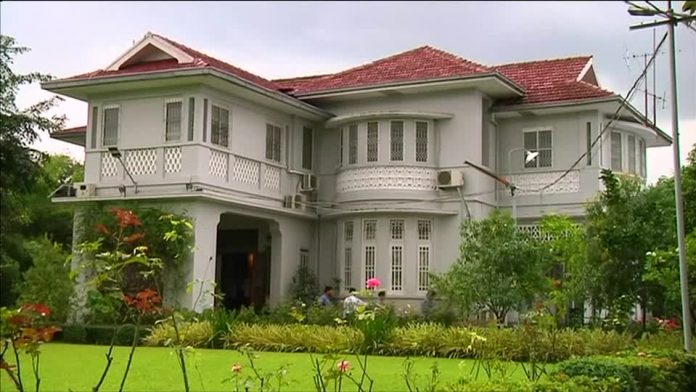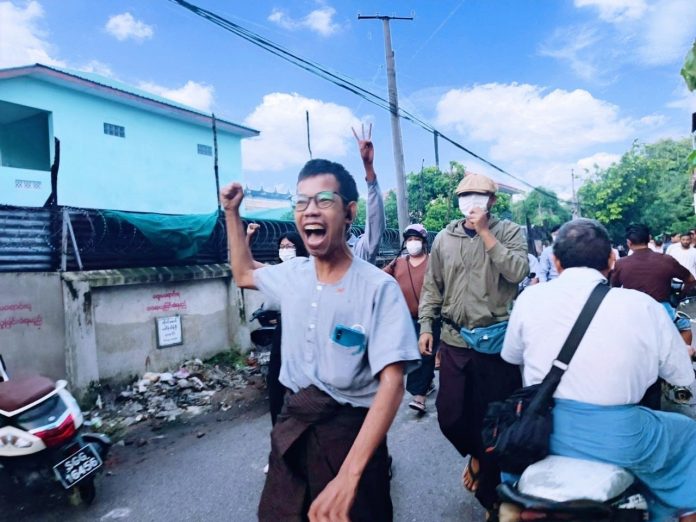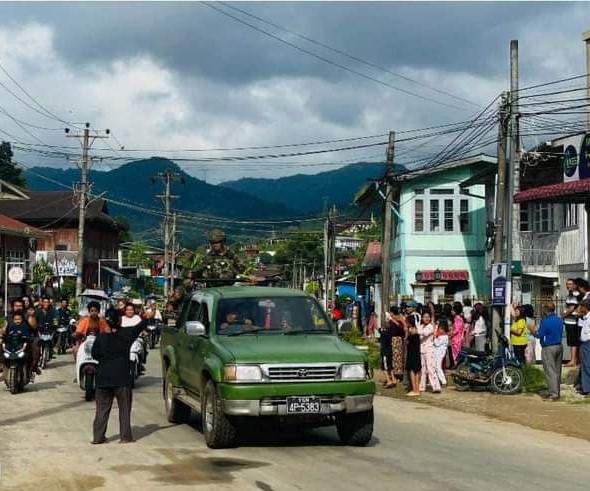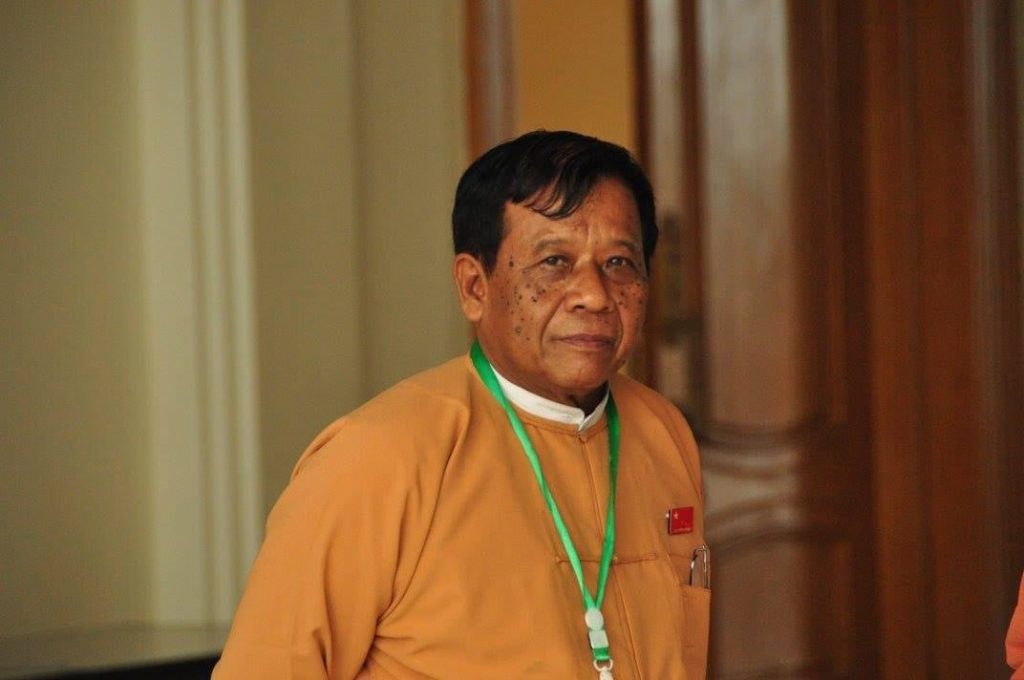A proposal submitted by Aung San Oo – the estranged brother of jailed State Counsellor Aung San Suu Kyi – to lower the auction floor price for the family residence at 54 University Avenue in Yangon has faced objection from her legal team, according to sources close to the court.
The military regime has imposed restrictions on public statements by Aung San Suu Kyi’s legal team, making it difficult to gather detailed information regarding the property’s sale and auction proceedings.
The residence at 54 University Avenue- home to Aung San Suu Kyi during her house arrest for 15 years from 1989 to 2010 – is set to be auctioned for the third time.
In an effort to facilitate the sale, Aung San Oo’s representatives have requested the court to lower the floor price. Aung San Suu Kyi’s legal team filed an objection to this request and it remains uncertain if the court will adjust the price, sources indicate.
On Aug. 15, the Bahan Township court held a second auction for the property with a floor price of 300 billion kyats ($46 million USD). No bids were made, which resulted in a canceled auction. The base price for the first auction on March 20 was set at 315 billion kyats, but the Kamayut District Court reduced the floor price for the second attempt.
“Aung San Oo’s side has requested a reduced floor price to facilitate the sale, but Aung San Suu Kyi’s legal team has filed an objection. No official decision has been issued yet. Under Myanmar’s Immovable Property Restrictions Act, Aung San Oo, who is not a Myanmar citizen, does not have the right to inherit immovable property within the country.
However, this law does not restrict his inheritance rights. Thus, he has applied to sell the residence at 54 University Avenue and to divide the proceeds. Once an order is granted and a base price set, security arrangements for the third auction will be made in coordination with the Yangon Region Police Commissioner’s Office,”said Khin Maung Myint, a Myanmar legal advisor.
Aung San Suu Kyi has been held incommunicado in the capital Naypyidaw since her arrest during the military coup on Feb. 1, 2021. The 79-year-old has been unable to meet with her legal team since December 2022 and has not been directly involved in decisions regarding the sale of her property.
Her legal team continues to appear at court hearings twice monthly for her inheritance execution suit, attempting to prevent additional complications, according to sources close to the proceedings.
“Without directions from the client [Aung San Suu Kyi herself], the legal team is constrained, as her decisions ultimately drive the process. Lawyers cannot independently advocate positions or express agreement or disagreement on specific terms. The restricted communication with her has created substantial challenges, and the restrictions imposed under Section 144 of the Penal Code have made it increasingly difficult for her team to communicate openly with the media,” added Khin Maung Myint.
Veteran lawyer Kyee Myint said that the court does not have the authority to arbitrarily reduce the floor price. If such a reduction were to be made, it could be subject to appeal. The court is expected to exercise careful deliberation before setting the auction price.
The military regime’s directive under Section 144 (1) of the Penal Code restricts Aung San Suu Kyi’s legal team from making public statements, citing the need to prevent unrest.
After the 2021 coup, Mandalay Region Chief Minister Zaw Myint Maung’s lawyer, Ywet Nu Aung, was sentenced to 15 years in prison with hard labor by Mandalay’s Obo Prison court on Dec. 28, 2022.
Ywet Nu Aung was convicted under the Counter-Terrorism Law after allegations were made by the military that she financially supported a Mandalay-based People’s Defense Force (PDF), which has been labeled a “terrorist” group by the regime.
She was awarded the 29th International Human Rights “Ludovic-Trarieux” Prize 2024 by the Institut des droits de l’homme des avocats européens (IDHAE) on Oct. 18.











